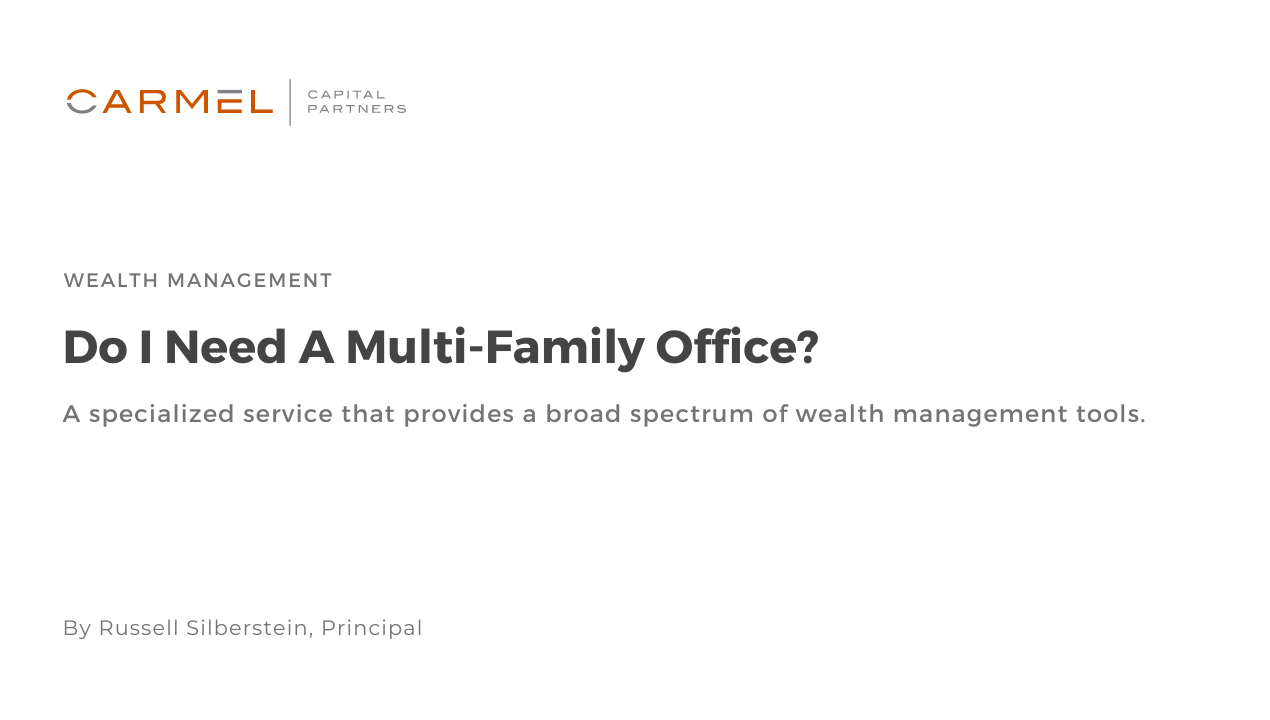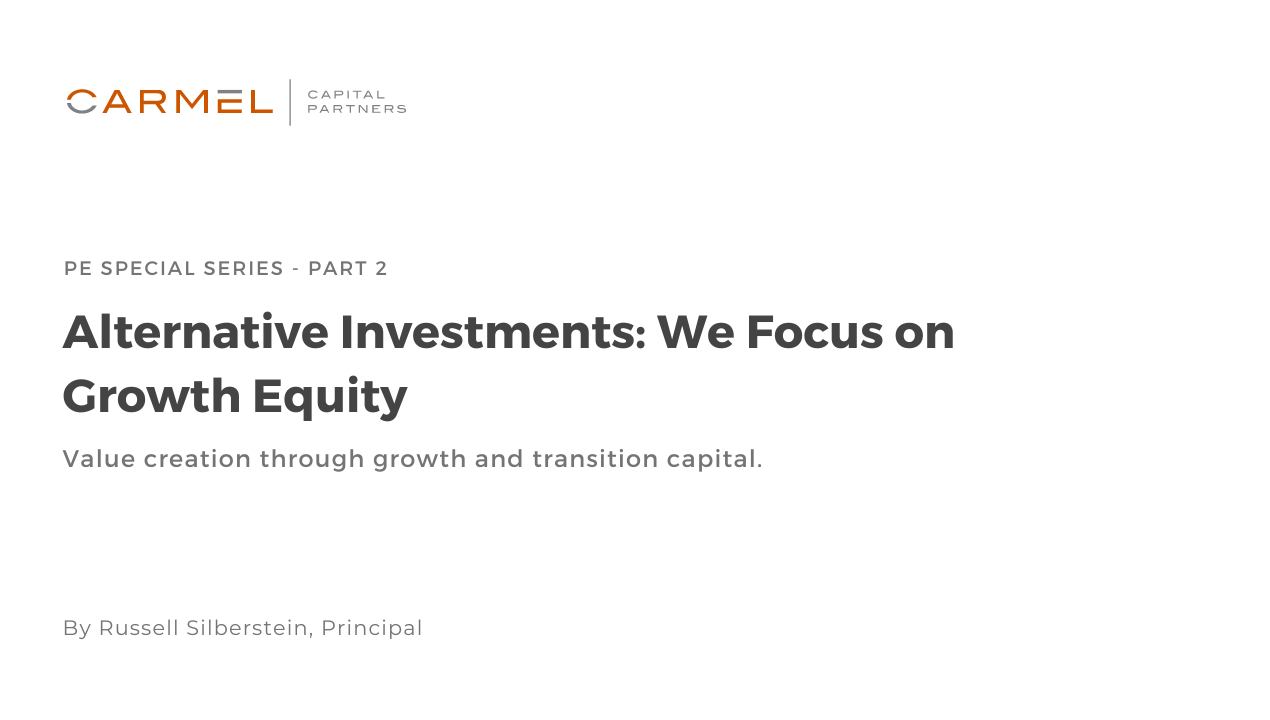In a True Partnership, Financial Accountability Goes Well Beyond the Investment Strategy.
Over the course of my twenty-plus years as a professional investor, I have given a great deal of thought to the idea of accountability. The...
The economy, in many aspects, resembles a living entity much like ourselves. It is capable of making decisions, yet its behavior is not entirely predictable. It reacts to its surroundings and the external forces that are imposed upon it. When backed into a corner, it's hard to predict how it will react. Grant it the freedom to make decisions it has not encountered before, and the resulting outcomes become even more unpredictable.
Economists analyze trends and historical relationships among various other factors in an attempt to predict future outcomes. While these methods are valuable, they do have limitations. They often assume that past behaviors will repeat themselves in the same way without accounting for new circumstances. When faced with novel choices, whether they bring new opportunities or threats, the economy, much like individuals, may "depart" from expected behaviors. The novelty of the year 2020, for example, was the beginning of one such departure.
The chart below depicts historical market reactions to the Fed's rate hikes.

So, why aren't we in a recession? Despite the Fed's best efforts to hinder it, we can point to several factors that support this economic growth.
During the pandemic, businesses were faced with both labor and supply shortages. Now, there appears to be a newfound appreciation for having a reliable supply to sustain the production of goods and services. Despite easing demand, businesses have been reluctant to reduce their inventories or number of employees after enduring the challenges of acquiring them in recent years.
Government bodies have taken extraordinary measures to mitigate the financial impact of the pandemic — distributing Federal stimulus checks to consumers, mandating rent exemptions, deferring and canceling debts, and providing loans that could be forgiven. These extensive financial support mechanisms have helped stimulate the economy without the benefit of any actual production or work being done.
COVID-19 caused many consumers to refrain from traveling, dining out, or indulging in other forms of entertainment for an extended period of time. As lockdowns were lifted and the effects of the pandemic faded, these accumulated savings made their way back into the economy in the form of pent-up demand.
So, what lies ahead? The downside of excessive financial support and consumer spending is that it can lead to inflation. Once that begins, it sets in motion a self-reinforcing cycle.
Consumers expect to pay more, and so they demand more pay. Businesses expect to pay more, and their borrowing costs increase, so they raise prices. The Federal government, in supporting the economy during COVID, ended up with far more debt than before. As the cost of servicing that debt increases, it leads to a rise in debt levels, which is also inflationary.
We have had a period of sustained economic growth that occurred with stubbornly high inflation, and now a Fed that is committed to reigning it all in. While higher interest rates offer a more compelling return for fixed-income investors, they also present a headwind for both business profits and equity investors. Returning to a low rate of inflation with correspondingly low interest rates seems unlikely anytime soon, with or without a recession.
The content is developed from sources believed to be providing accurate information. The information in this material is not intended as tax or legal advice. Please consult legal or tax professionals for specific information regarding your individual situation. The opinions expressed and material provided are for general information and should not be considered a solicitation for the purchase or sale of any security. Investment advisory services are offered through Carmel Capital Partners, an SEC Registered Investment Advisor.
Over the course of my twenty-plus years as a professional investor, I have given a great deal of thought to the idea of accountability. The...

As individuals, families, and businesses accumulate wealth, their financial lives inevitably become more complex. With this complexity, a...

Private Equity (PE) exposure plays a crucial role in a diversified portfolio, offering numerous benefits to investors and companies alike. Besides...